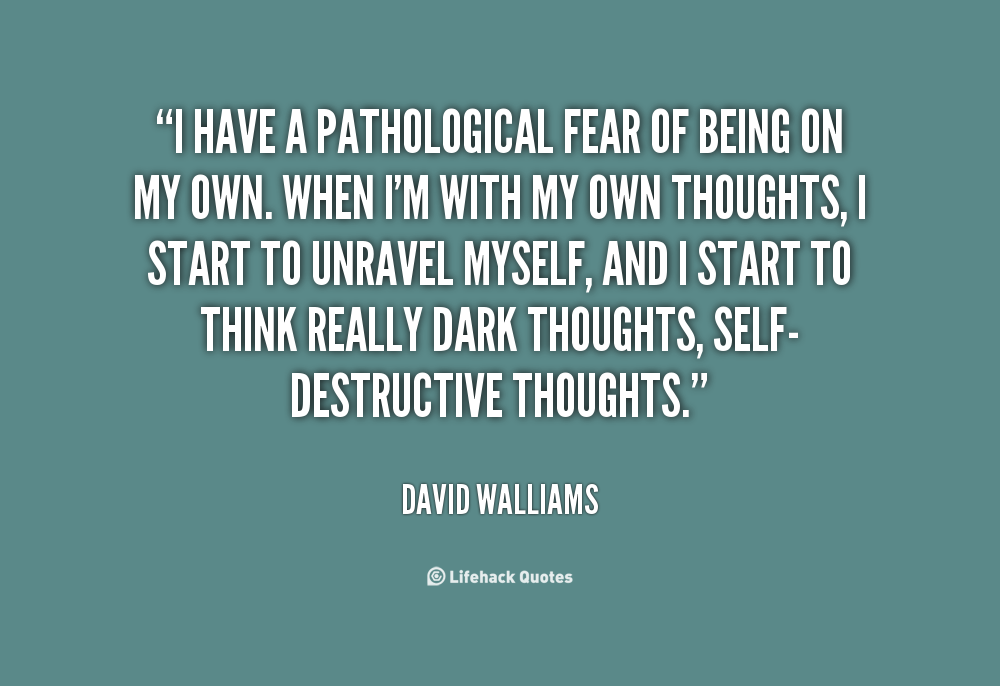

Being unable to control anger and being carried away by these emotions is having anger issue, what is therapy for. But acting out of anger and rampaging is – sadly, I might add – doesn’t mean anger issues what therapy should and can resolve.

He surely butchered the Tuskans, or attacked Dooku, murdered Dooku, slaughtered the Separatist leaders and choked Padmé, and he did it out of anger. “Anakin had anger issues” is a very common claim, but it’s more like a popular slogan than the description of reality what can be supported by facts. Feeling angry all the time, displaying anger frequently, or get in frequent physical fights. Difficulty controlling anger or get severely angry without cause. Severe and long-term feelings of emptiness.Ĩ. His mood did change frequently, but never without a proper cause.ħ. Frequent mood swings, what last for a few hours but may last for a few days or more. History of suicidal or self-mutilating behavior.Ħ. Just like in the case of Ahsoka Tano, the recklessness and impulsivity what he expressed are not breaching the borders of normal behavior.ĥ. For example, spending too much money or abusing substances. Acting impulsively in at least two areas of life in ways that can be self-damaging. Taking a Sith name is a ceremonial act, and his statement in Return of the Jedi, “That name no longer has any meaning for me” has nothing to do with conflicting self-image or self-identity.Ĥ. When he pledged loyalty to Darth Sidious, he adopted the name Darth Vader, denying his former self, but he retained his identity all along. He viewed himself a very powerful and very talented Jedi who should be a Jedi Knight, and he indirectly referred to himself as more powerful and wiser than Windu and Yoda (he is ahead of Obi-Wan, who is as wise as Master Yoda and as powerful as Master Windu.) He expressed self-doubt in Revenge of the Sith, claiming, he feels like “falling” and he admitted, “I am not the Jedi I should be” and “I want more.” But once again, no sign of unstable self-image or unstable self-identity. Although the change of his attitude toward them was rooted entirely in his toxic attachment (believing them to be evil because they were in his path for defeating death and stopping change in the universe AKA saving Padmé) his behavior wasn’t irrational. The same can be said about his relationship with the Jedi Order. He… he doesn’t understand.” And, when he is grieving the loss of his mother, Anakin blames the Fates and he blames Obi-Wan for his pain: “It’s all Obi-Wan’s fault! He’s jealous! He’s holding me back!” His attitude toward Obi-Wan is consistent, in both times, he expresses his frustration about him: this cannot be defined as alternating between idealizing and devaluing others in a relationship. In some ways- a lot of ways- I'm really of him. I am truly thankful to be his apprentice. (The fact he had grew up) Don't get me wrong. He says: “Master Obi-Wan manages not to see it. In Attack of the Clones Anakin complains to Padmé about Obi-Wan. Pattern of unstable relationships: alternating between idealizing and devaluing others in a relationship This is a mindset, a spiritual state, characteristic, personality, and not a mental health issue – and he got counseling about it when Yoda and the Jedi Order stressed the importance of non-attachment.Ģ. Attachment says, “I love you, so I want you to make me happy”. Thus, all life is torment, sliding, short-lived pleasure, constant fear of loss then pain. Since the fundamental nature of the universe is change, forming attachments to any part of reality will inevitably cause suffering: you will want, which is tormenting, you will get, which is pleasure, then you will lose, which is painful. Therefore, it is a selfish and possessive link, and feeds from fear. Thus, attachment is not the love for these people, but the love for the self, finding joy in having. This inability will develop if someone views his/her loved ones as the sources of his/her happiness and loves them on the basis of how much happiness they bring to him/her.

Attachments connotes the inability to let go of something what is temporary, whether it to be an object, a trait, or a person, and it’s one’s desire the keep and have something or someone in his life. In Star Wars, George Lucas used the term “attachment” in its other meaning: “ an extra part or extension that is or may be attached to something to perform a particular function”. Frantically trying to avoid real or imaginary abandonment:ĭespite Anakin did express severe fear of loss, his issue wasn’t fear of abandonment, but attachment. For the first glance, we could say, he got more than five, but this is not the case.ġ. To be diagnosed with BPD, Anakin must show at least five of the symptoms.


 0 kommentar(er)
0 kommentar(er)
